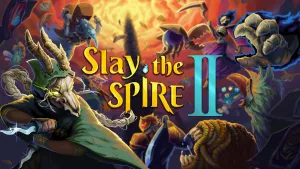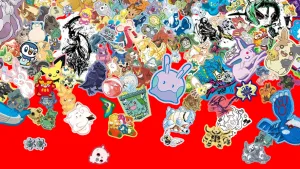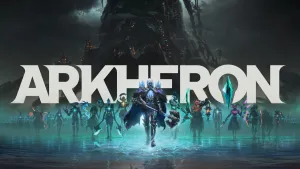Brian Reynolds Talks About Harvesting Players

Zynga’s Brian Reynolds focused his DICE presentation on social gaming, which was clearly a topic on the minds of many this year. Zynga, in case you don’t know, is the company behind the ubiquitous Facebook games Mafia Wars and Farmville. Farmville now boasts more than 31 million daily users, according to Reynolds, which isn’t half bad considering that the game was developed in about five weeks. Of those users, about 3 to 5 percent of players pony up a little cash for the experience. While he wouldn’t give up any specific financial details, he said there was a reason why people are starting to take this revenue model seriously.
Reynolds pointed out an obvious but critical series of distinctions between traditional development models and the way that social networking titles are developed. As opposed to development costs that tally into the tens of millions, a Facebook game can be created for a few hundred thousand dollars. They’re relatively quick to develop, too, with typical time frames running into the weeks, instead of years. Once a game is released, however, successful social networking games require much more investment in the form of weekly updates. Gamers in that space are fickle, and with so many alternative, free games out there, giving players a reason to revisit games regularly is critical.
An advantage of using the Web as a platform, Reynolds says, is how player data is made available in short order, giving developers a chance to quickly get user feedback and quickly mobilize to meet their needs. A pair of graphs charted the growth of Mafia Wars and Farmville over a time, each of which experienced steadily increasing popularity and also fewer hits on weekends.
If these games are so easy to develop compared to traditional games, why are there only a handful of developers that have been successful in the space? According to Reynolds, there are several key reasons. It sounds silly, but one of the first obstacles these games face is how quick players are to jump out. Loading times are critically important. Additionally, once players to get hooked into a game, they’re likely to bring their real friends into a game. That’s no surprise to anyone who gets constant invitations and updates on Facebook. Games give players an excuse to interact with old friends, too, once friendships are tentatively restored through social networking.
Zynga has developed something they call metric-driven game design, in which small percentages of players are given new game features and feedback on those tweaks can be gathered quickly. From there, developers can see what works and what doesn’t with minimal investment or disruption to the game at large. One odd example is how the company learned that different colored links to cross-promotional ads performed differently. Pink was the most successful color, for some strange reason, while red was a comparative bust.
What makes these games compelling to players? Reynolds says that games have to be simple enough for nongamers to understand the mechanics. An example is how the company’s games compel players to return daily by having timed raffles. Daily harvests, gifting between friends and collecting items are a few other mechanics that Reynolds says have been instrumental in Zynga’s successful games.

Get the Game Informer Print Edition!
Explore your favorite games in premium print format, delivered to your door.
- 10 issues per year
- Only $4.80 per issue
- Full digital magazine archive access
- Since 1991









